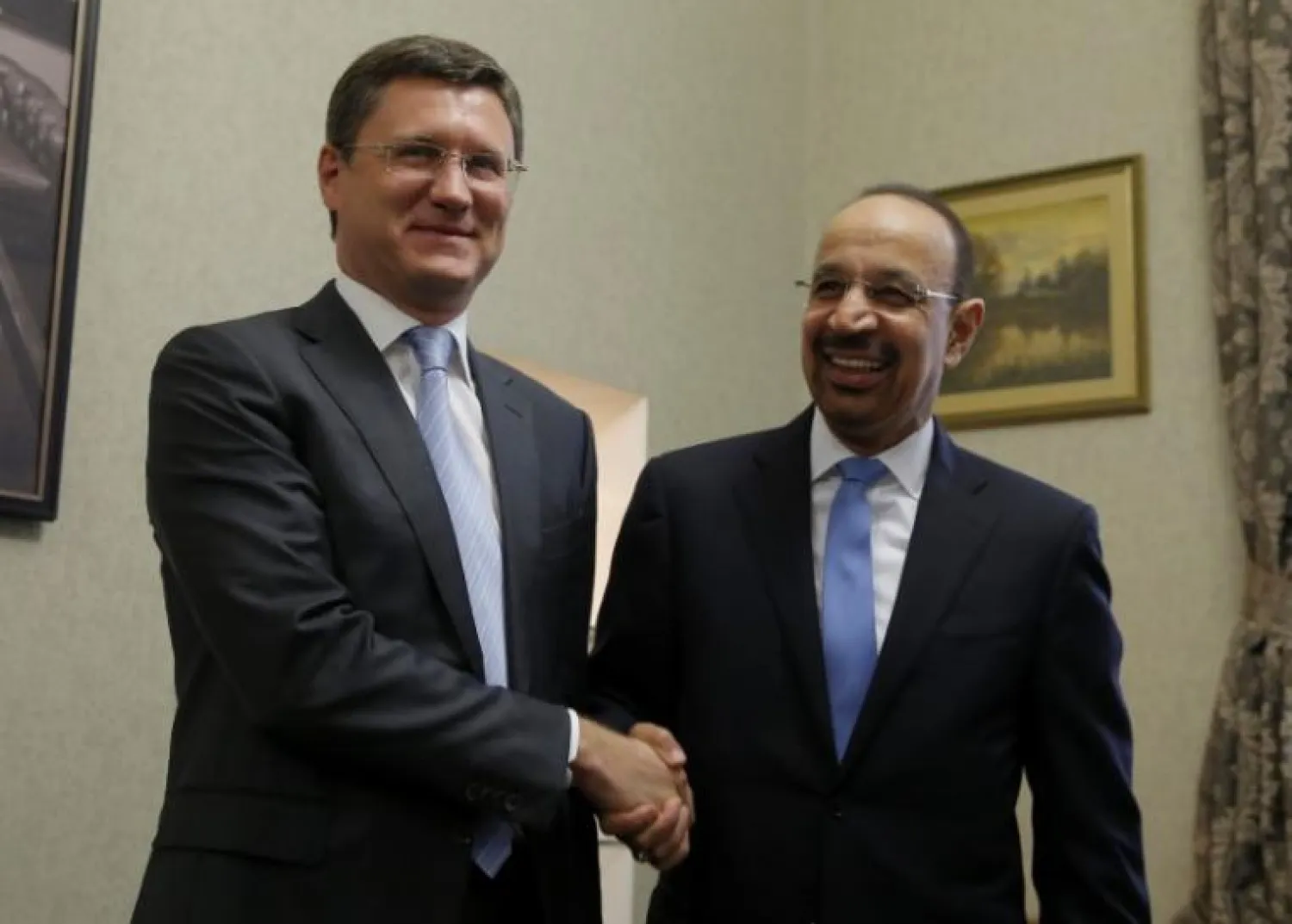After Saudi Arabia and Russia competed for the opening of the 2018 World Cup in Moscow, both countries will play part in a different and fateful match on June 22, as they join other oil-producing states in deciding the future of oil output.
The two countries are seeking to persuade 22 other countries to agree with them on raising their oil production starting July. Both Saudi and Russian energy ministers agreed in principle to raise oil production for OPEC countries and independent producers outside the ‘OPEC +’.
Russian Energy Minister Alexander Novak and Saudi Energy Minister Khalid al-Falih have agreed to expand cooperation in the oil and gas sector, Russia’s ministry said in a statement after their meeting in Moscow.
Novak and Falih also agreed to work towards a comprehensive bilateral agreement.
However, things will not be that easy. There are countries opposed to raising production, such as Iran, which sees OPEC being under great United States pressure.
It remains unclear since no one can say when and how much OPEC will be able to raise its output.
OPEC production is falling sharply this year, with Libya being the last country to join in dropping its production by about a quarter million barrels a day on Thursday.
Keen on sustaining joint efforts, Saudi Crown Prince Mohammed bin Salman and Russian President Vladimir Putin admitted their desire to continue cooperation on global oil markets.
“I think we’ll come to an agreement that satisfies most importantly the market,” Falih told reporters in Moscow on Thursday.
“I think it will be a reasonable and moderate agreement” but nothing “outlandish,” he said.
The two countries share a common view that production should increase gradually, but the precise volume of oil that could be returned to the market and the timing of the boost will be discussed with other ministers next week, Novak said.










